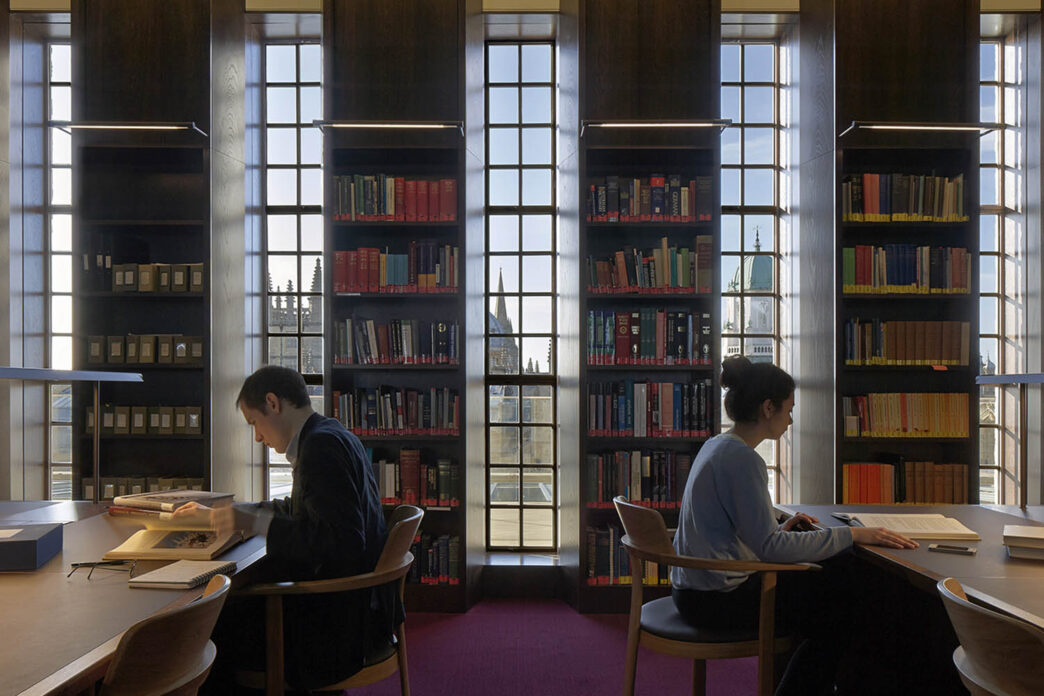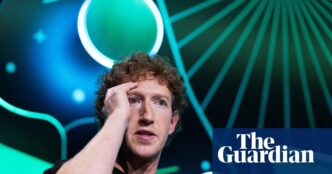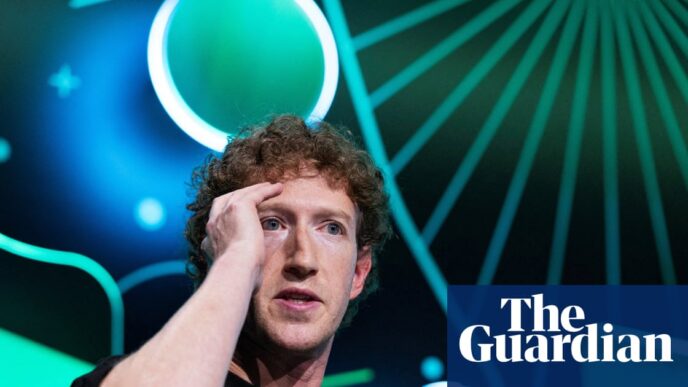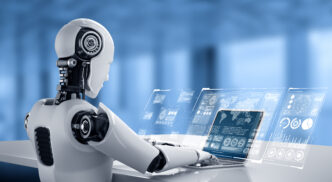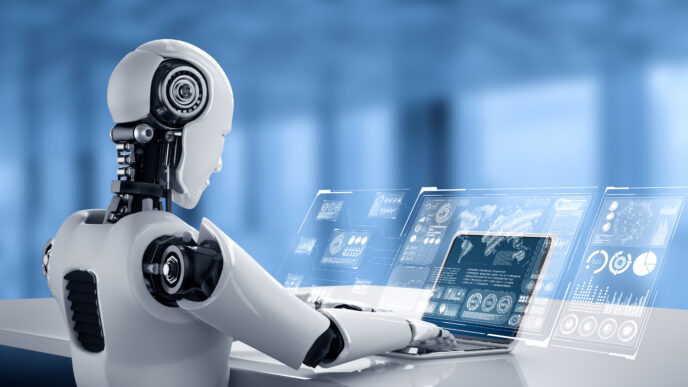A 1940 survey by translator AJ Jenkins found working-class kids, who left school at 14, read four to six classic books a month. Titles included The Pilgrim’s Progress, Gulliver’s Travels, Jane Eyre, and The Pickwick Papers. Girls read slightly more than boys.
Today’s reading habits look bleak by comparison. Surveys reveal both kids and adults are reading less and enjoying it less. Oxford’s Jonathan Bate said university students once read three books a week but now struggle to finish one in three weeks. Similar concerns echo in the US.
Miners and laborers in the past made huge efforts to educate themselves. Nottinghamshire miner GAW Tomlinson recalled reading The Canterbury Tales and Darwin’s Origin of Species underground, despite grueling work conditions.
Jonathan Rose’s The Intellectual Life of the British Working Classes highlights how workers built their own libraries, fighting barriers of class and schooling to claim knowledge.
Fast forward, and AI stirs fresh worry in education. Most students use generative AI like ChatGPT for research. Cheating scandals flash across UK campuses as AI text gets passed off as students’ own. Critics fear AI harms creativity, critical thinking, and cognitive skills.
Experts argue the problem isn’t AI itself but how society now treats knowledge—as a commodity rather than a pursuit of truth.
The 1963 Robbins report touted university learning as a good in itself.
“The search for truth,” the report said, “is an essential function of the institutions of higher education.”
But the 2010 Browne report shifted the lens. Higher education became a commodity for better jobs and economic growth. Stefan Collini noted this redefined universities as markets driven by student consumerism, not public good.
That shift pushed many UK universities near bankruptcy, cutting programs like history, music, classics, and literature.
“Turning universities into businesses has driven many to the edge of bankruptcy and led them to cut subjects deemed insufficiently ‘commercial’,”
The culture of viewing knowledge as a product feeds the temptation to cheat or rely on AI to avoid thinking.
Finally, the stories of people like Tomlinson and poet Robert Morgan remind us knowledge once lifted workers into “privileged human beings exposed to something extraordinary.” That value still matters.
“If knowledge is merely a commodity, why not cheat to bypass the need to think?”
“Until we recognise that the debate about AI is not just about what machines can do but also about how humans should value education and knowledge, it will remain mired in confusion.”

